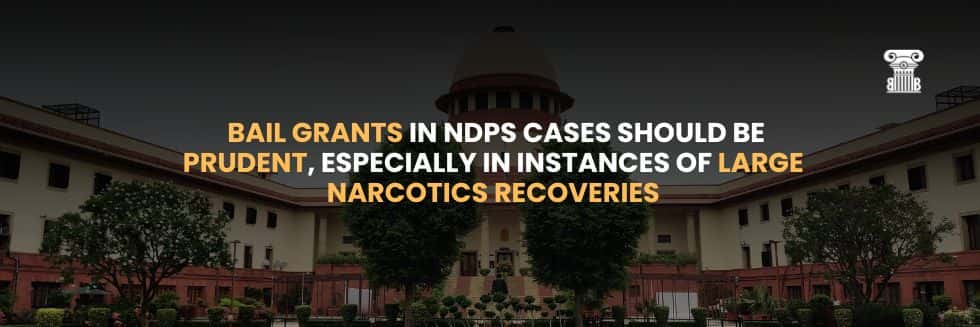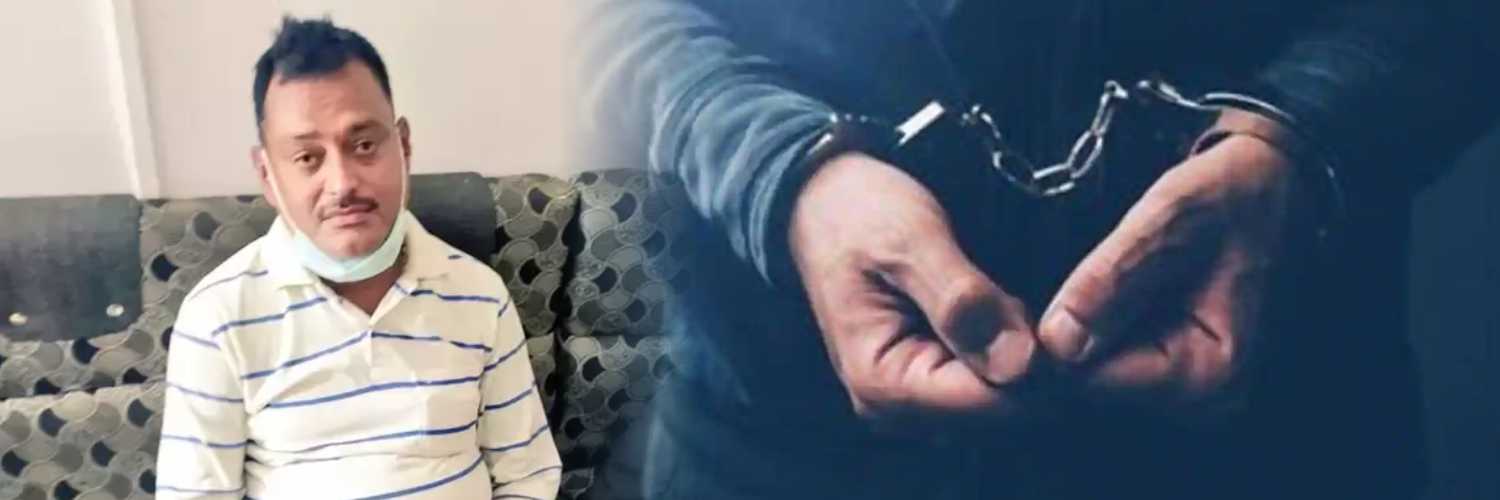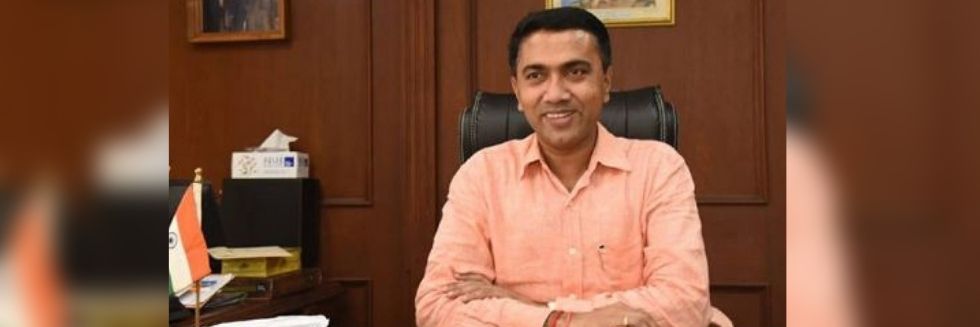In a significant order, the Calcutta High Court observed that the husband or in-laws cannot be convicted under the presumption of abutment to suicide under Section 113A of the Indian Evidence Act merely because the wife committed suicide within 7 years of marriage.
Section 113A of the Indian Evidence Act states, “Presumption as to abetment of suicide by a married woman — When the question is whether the commission of suicide by a woman had been abetted by her husband or any relative of her husband and it is shown that she had committed suicide within a period of seven years from the date of her marriage and that her husband or such relative of her husband had subjected her to cruelty, the Court may presume, having regard to all the other circumstances of the case, that such suicide had been abetted by her husband or by such relative of her husband.”
The bench comprising Justice Rai Chattopadhyay stated that the presumption of abetment to suicide will only be attracted when there is prima facie evidence that the woman was subjected to cruelty.
Justice Chattopadhyay stated, “Merely the person committing suicide within a period of seven years from the date of her marriage would not be sufficient to attract the said presumption of law, unless it is seen prima facie through materials that the charge-sheeted accused had subjected her to cruelty.”
While noting that, the bench set aside a lower court judgment convicting the husband and in-laws for subjecting the woman to cruelty and forcing her into committing suicide.
The bench held that the trial court erred in its decision merely on the reason that the wife died win 7 years of marriage.
Thus, the High Court bench quashed the conviction of the husband and his family members under Section 498A and Section 306 of the Indian Penal Code.
The bench was hearing an appeal by one Krishnapada Mahato who challenged a 2012 judgment wherein he and his family were convicted under the presumption of Section 113A of the Indian Penal Code.
The deceased’s father filed a complaint against his daughter’s husband and in-laws on May 30, 2010. He accused them of cruelty and driving his daughter to kill herself by consuming poison.
The bench noted, “Also all of these witnesses have denied any knowledge regarding the cause of death of the victim. The clinical reason could be found from the evidence of doctors, i.e. consumption of poison by the victim. However, the witnesses including the complainant have not aided to the prosecution case with any oral evidence, comprehendible as a basis of the prosecution’s case.”
“The trial Court has guessed that the reason of the victim giving birth to a female child, must have been the definite cause of her being tortured by her in-laws which according of the Court, is a general and common practice in the villages in West Bengal. The trial Court has also speculated on the fact that the witnesses were restrained from deposing actual facts in Court in consideration of the probable trouble trodden condition of the family for all future days to come,” it added.
While setting aside the conviction and acquitting the appellants, the bench observed, “In absence of any oral evidence substantiating the case of the prosecution, the Court cannot decide regarding the existence of culpability of the accused persons only on the basis of the FIR. More so, the complainant merely stating that whatever is written in the FIR, are true, would not suffice for the purpose of establishing the facts through his deposition.”






